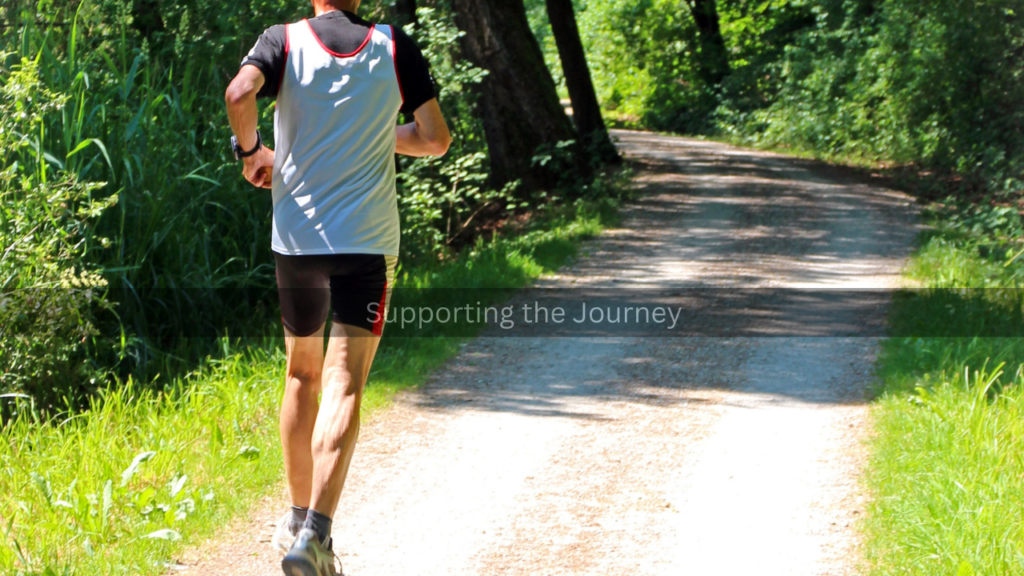
Addiction is a complex and challenging issue that affects not only the individual struggling with substance abuse but also their family, friends, and broader community. Recovery from addiction is a lifelong journey, often filled with setbacks, but with the right support and strategies, it is possible to achieve and maintain sobriety. Supporting an addict through recovery requires patience, understanding, and a multifaceted approach tailored to the individual’s needs.
Understanding the Nature of Addiction
Before diving into strategies for support, it’s crucial to understand the nature of addiction. Addiction is not simply a lack of willpower; it is a chronic disease that alters the brain’s chemistry, affecting decision-making, behavior, and self-control. This understanding is the foundation for providing compassionate and effective support. Recognizing that relapse can be part of the recovery process is essential. Rather than seeing it as a failure, it should be viewed as an opportunity to reassess and adjust the recovery plan.
Building a Supportive Environment
Creating a supportive environment is key to helping an addict through recovery. This includes both physical and emotional spaces. A safe, sober living environment is crucial for recovery. This might mean removing substances from the home, avoiding triggers, and ensuring that the person in recovery has a stable place to live. Emotional support is equally important. Family members and friends should strive to create an atmosphere of trust, understanding, and encouragement. It’s essential to communicate without judgment and to be a consistent source of support.
Encouraging Professional Help
While family and friends play a significant role, professional help is often necessary for successful recovery. This might include therapy, counseling, or medication-assisted treatment. Encouraging the person in recovery to seek professional help is vital, and being involved in their treatment process can make a significant difference. Family therapy, for example, can help address underlying issues and improve communication within the family unit. It’s also important to support the addict in attending support groups such as Alcoholics Anonymous (AA) or Narcotics Anonymous (NA), where they can connect with others who understand their struggles.
Promoting Healthy Lifestyle Changes
Recovery from addiction often requires significant lifestyle changes. Encouraging healthy habits can support the recovery process. This might include promoting a balanced diet, regular exercise, and sufficient sleep. These changes help to restore the body and mind, which have often been damaged by substance abuse. Additionally, finding new hobbies and activities can provide a positive outlet for stress and a way to fill the time that was previously spent on addictive behaviors.
Practicing Patience and Persistence
Recovery is not a linear process, and setbacks are common. Patience and persistence are critical in supporting someone through recovery. It’s important to remain hopeful and to continue offering support, even if progress seems slow or non-existent at times. Celebrating small victories can help to keep morale high and provide motivation for continuing on the path to recovery.
Conclusion
Supporting an addict through recovery is a challenging yet rewarding endeavor. By creating a supportive environment, encouraging professional help, promoting healthy lifestyle changes, and practicing patience, you can play a pivotal role in their journey to sobriety. Remember, recovery is a process that requires ongoing support and understanding. With the right strategies, you can help your loved one reclaim their life from the grip of addiction.